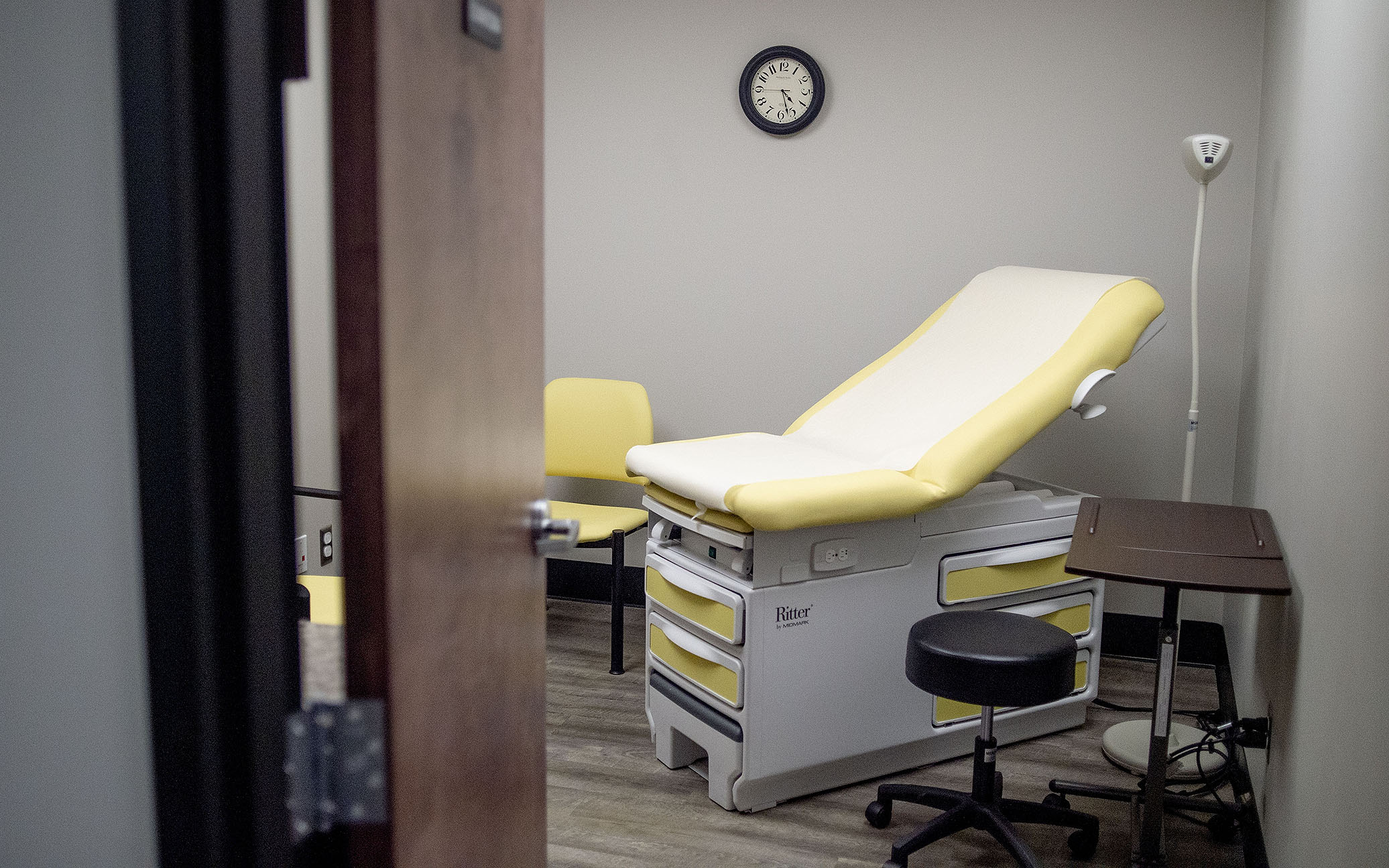New regulations would prohibit health care workers from making treatment decisions based on biases about disabilities and mandate greater availability of accessible examination tables and other medical equipment.
The U.S. Department of Health and Human Services announced this week that it will finalize a rule that will update and clarify how it implements Section 504 of the Rehabilitation Act.
The rules state that people with disabilities cannot be denied medical care because of prejudice or stereotypes, and similarly, ideas about the value of a person’s life or whether a disability poses a burden to others do not affect decisions about organ transplants, life-sustaining treatment, or standards of care in crisis situations.
ADVERTISEMENT – CONTINUE READING BELOW
Additionally, the rule adopts the U.S. Access Board’s standards for accessible medical diagnostic equipment and requires that many health care providers have at least one accessible examination table and weighing scale within two years.
The rules also stipulate what providers must do to ensure their websites and mobile applications are accessible to people with disabilities, and they also prohibit discriminatory use of valuation methods.
“Today’s rule is long overdue,” said HHS Office of Civil Rights Administrator Melanie Fontes Reiner. “By removing barriers to health care and social services, this rule advances justice for people with disabilities who have long faced discrimination. No diagnosis should be missed because a mammogram is unavailable, no patient should have questions about their test results because a website is unavailable, and no life should be valued less because of a disability.”
This rule applies to all programs and activities that receive funding from HHS, including child welfare agencies. The rule requires that services be provided in the most integrated setting possible.
Federal officials have suggested that amending Section 504 would bring it more consistently with the Americans with Disabilities Act.
Section 504 has long prohibited discrimination against people with disabilities, but the Department of Health and Human Services has acknowledged that “significant discrimination” persists in both the health care and child welfare systems. As a result, disability advocates have been calling for years for revision of the regulation, citing concerns ranging from the prevalence of inaccessible medical equipment to problems accessing organ transplants to the rationing of health care in times of crisis.
Darcy Milburn, director of social security and health policy at Arc of the United, called the new rules “a major step in removing barriers in the health care system.”
“For a long time, we have heard heartbreaking stories of discrimination in health care,” she said. “This announcement comes thanks to decades of hard work from the disability community. We have spoken out, we have testified, we have demanded change, and today our leaders in Washington have listened.”
The new rules will take effect 60 days after publication in the Federal Register.
Read more stories like this: Sign up for Disability Scoop’s free email newsletter to receive the latest developmental disability news straight to your inbox.

